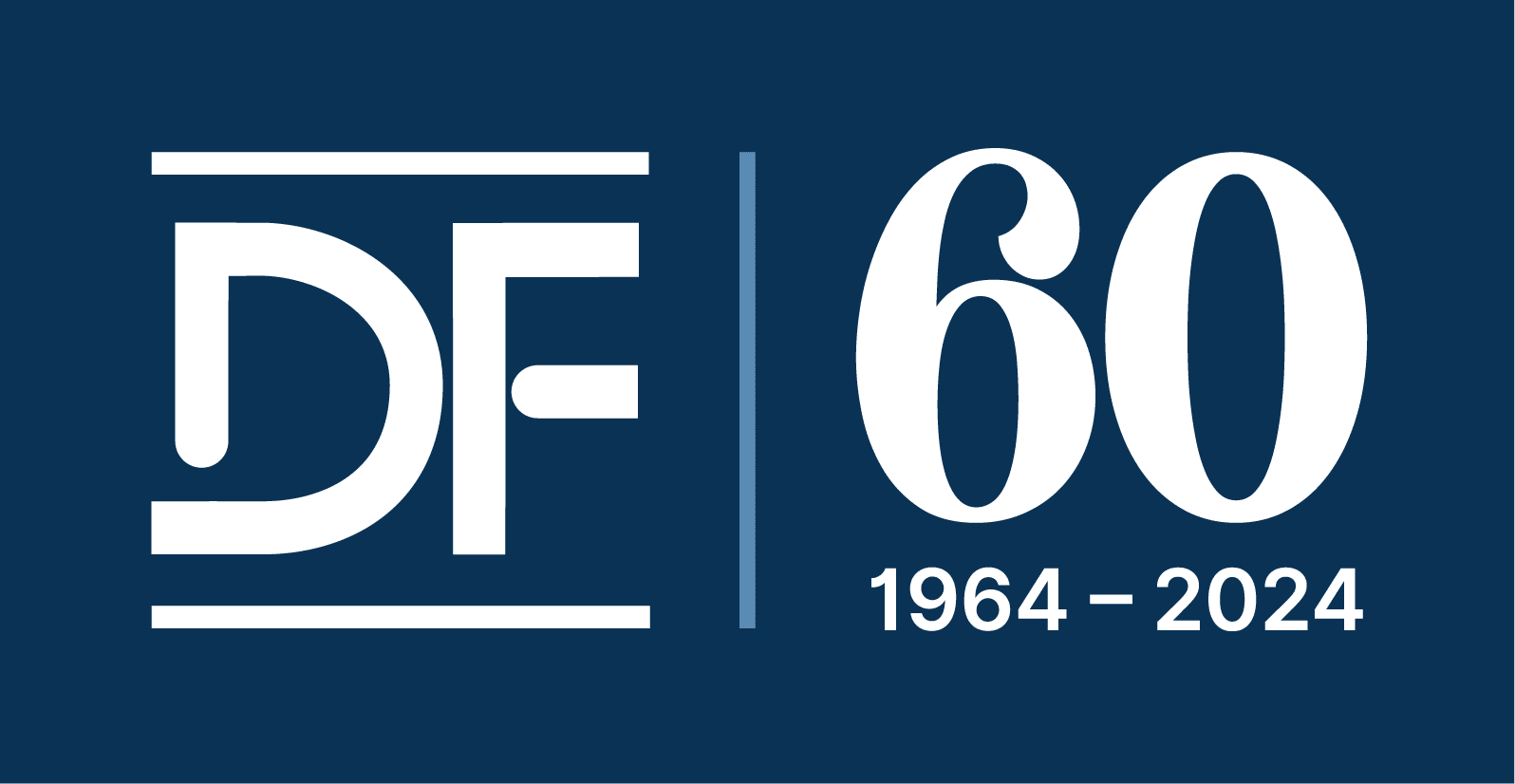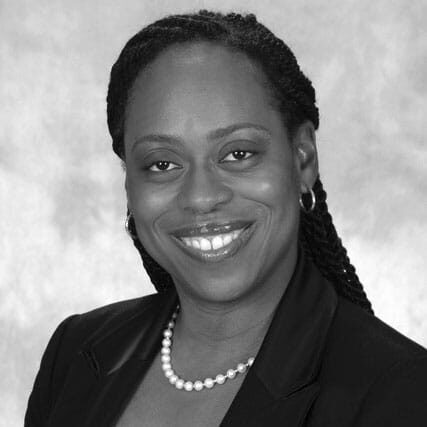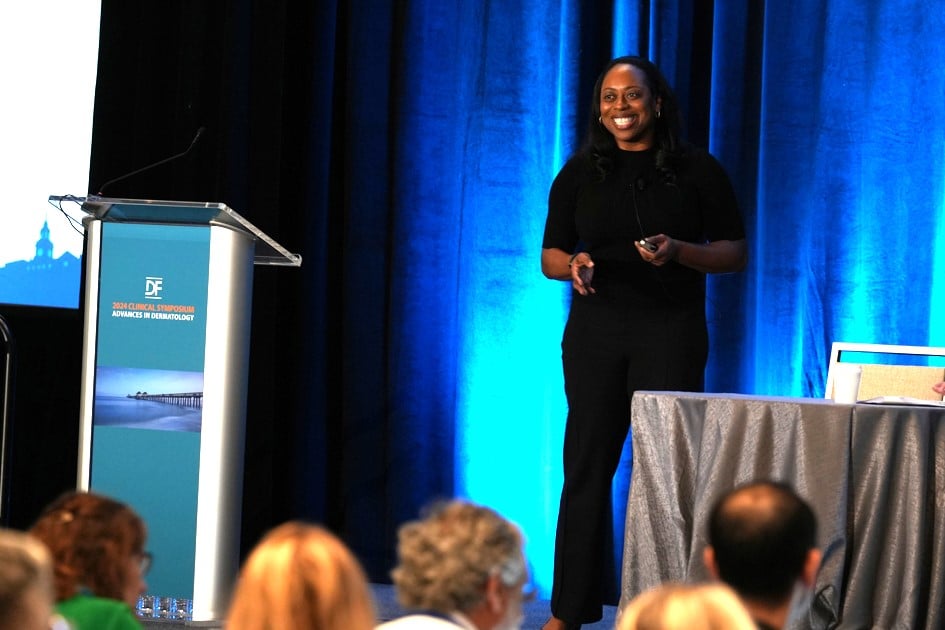
In 2011 Dr. Okoye received a DF Research Award for her study “Genetic and Molecular Analysis of the Bacterial Flora of Hidradenitis Suppurative. Dr. Okoye joined the DF Board of Directors in 2023.
The DF recently had a chance to talk with Dr. Okoye about her connection to dermatology, and the importance of the Dermatology Foundation’s support.
How the right grant at the right time led to a new drug
DF: It’s good to meet you! Can you begin by telling us about your Dermatology Foundation project?
Dr. Okoye: My grant from the Dermatology Foundation was called a Patient-Directed Investigation Grant. The Dermatology Foundation is well known for its career development grants, but not a lot of people know about this gem given to those doing research that’s closer to patients.
I knew about the Dermatology Foundation because in my residency program, many of those in leadership there were heavily involved in the DF, and when I started working at Johns Hopkins, my Department Chair and my mentor for this project were both involved in the DF. I left my residency knowing about this organization and that they could and would support me.
Now that I’m saying that I don’t know if my generation is doing as good a job as my mentors’ of promoting the Dermatology Foundation to up-and-comers. I’m going to add that to my list!
DF: We don’t want you to add more to your to-do list, but we appreciate the promotion.
Dr. Okoye (laughing): Anyway, I’m not a lab researcher. I’m not a researcher. I’m just a really curious clinician. I was seeing a lot of patients with Hidradenitis Suppurativa (HS), which, at the time, there was not a lot of research about. I saw how much they were suffering, and whenever I had a clinical question, I would wonder, could this be a study, and could I do it?
So, I applied for this grant to study biofilm formation in HS lesions. We knew there was probably biofilm in lesions from chronic HS, but nobody knew if biofilm existed in early or new lesions. The reason this was important is that people thought bacteria were somehow involved in HS, but it wasn’t clear what role they played. Also, biofilm makes it difficult to eradicate bacteria, and this disease was so difficult to treat.
I started talking to Jerry Lazarus, who turned out to be a wonderful mentor, and he had done some work on biofilm in wounds. We put our heads together and came up with the study. We suspected there wouldn’t be biofilm in early lesions, but it was an unanswered question and it seemed like a worthwhile area of inquiry.
I was so excited when I got the grant. It was only my second grant ever. It was a larger grant and a bit more involved than the one I’d gotten before, so it felt like a good progression in academia! And we proved there wasn’t any biofilm in new lesions.
DF: So you were right!
Dr. Okoye: Yes, which is good and bad. It’s bad because it’s a negative study, as they say in our world. Negative studies aren’t always easy to publish. But because there wasn’t much HS research out there, and our rationale for doing it was sound, we were able to get it published in the British Journal of Dermatology.
DF: Congratulations!
Dr. Okoye: The other thing that the study did for me personally was that it was a bit of a confidence booster. It allowed me to see there are many ways to make a research career.
Where I trained, research was very much a specific pathway, and most people had a PhD or spent many years in the lab. I didn’t have that background or training, but I was very interested in questions and projects that were close to the patient. This grant allowed me to see that my approach made sense to somebody.
And it was fun.
DF: I love hearing that.
Dr. Okoye: I also got to work with two trainees on my project. A student interested in dermatology, and another who had just finished med school. We made a little team, and I felt like I made a difference to them.
DF: It sounds like it was a win-win-win.
Dr. Okoye: Yes. And I then went on to start an HS tissue biobank with one of my research fellows, Dr. Angel Byrd. The genesis for that came from this project, where I could see that 1. The tissue is accessible. 2. Patients are excited to contribute. 3. Patients were able to get diseased tissue removed as part of their treatment. 4. I had a ton of time with the patients during this procedure, so I really got to talk to them and understand their experience with this disease.
I’m always concerned about research being one-sided. I want to make sure patients benefit too. African American patients in particular, are often underrepresented in research. But we were able to OVER-represent because that is our patient population.
I would never have guessed that this disease would become sort of my defining disease. But I saw that there was room to contribute there, and I stayed.
DF: I’m really struck by how thoughtful you are in your practice.
Dr. Okoye: Thank you! And now here we are with two drugs that are FDA-approved for HS, and at that time, there was nothing.
DF: What year did you get the grant?
Dr. Okoye: 2010, I think.
DF: So, 13 years ago.
Dr. Okoye: Yes, and the amount of progress we’ve made in 13 years is amazing. I tell patients that I think we might have a cure in their lifetime. That’s how fast this field is going.
DF: I would love to hear your thoughts on what you think is one of the most significant impacts the Dermatology Foundation has made in the last 60 years.
Dr. Okoye: I think they have created and supported many of our leaders in the specialty. They’ve also created a space where “discovery” is celebrated. And they are thoughtful about whom they support—the long-term impact of those people’s work.
I think of one of my colleagues, John Harris—John got a Dermatology Foundation Career Development Award pretty early in his career, and his work then led to a treatment option for vitiligo. And that’s just one example.
So, I think the DF has played an incredible role in the trajectory of our specialty and how much we contribute to medicine.
DF: That’s wonderful, thank you. Where do you personally hope to see dermatology and the Dermatology Foundation advance in the next 60 years?
Dr. Okoye: I think that there’s a lot of room in dermatology for health equity—making sure that everybody has access to a dermatologist and access to these amazing medicines like the one John contributed to.
That drug is not covered by Medicaid. I work with an underserved population, and I know this amazing option exists, but my patients cannot get it. And I hope that is something we can address sooner rather than later.
DF: Yes!
Dr. Okoye: For the Dermatology Foundation, I think it’s important for them to support diverse researchers. And I don’t mean just racial and ethnic diversity, but diverse types of research—health equity research, health economics, patient-directed research—because when the DF puts its stamp on something, people listen.
DF: Before we go, I want to say thank you for the work you did during Covid. In March 2021, the AAD named you a “Patient Care Hero” for your work in establishing Covid testing sites in underserved communities.
Dr. Okoye: Covid gave us a real window to health inequity. I thought I was in touch with that until I started working in DC. I got a real sense of how people are struggling. The Covid stuff was scary but a little fun. (Laughing) Can you tell I have an odd definition of fun? It got me out of the house when we were locked down.
DF: Being able to get out of the house during Covid was big! To do that AND serve people, once again, you created a win-win. It is a joy talking with you, Dr. Okoye. Thank you so much for sharing your story and your brilliance with us.
Dr. Okoye: Thank you!
Ginette A. Okoye, MD received the Patient Directed Investigation Grant in 2011 for her research, ‘Genetic and Molecular Analysis of the Bacterial Flora of Hidradenitis Suppurativa.’


